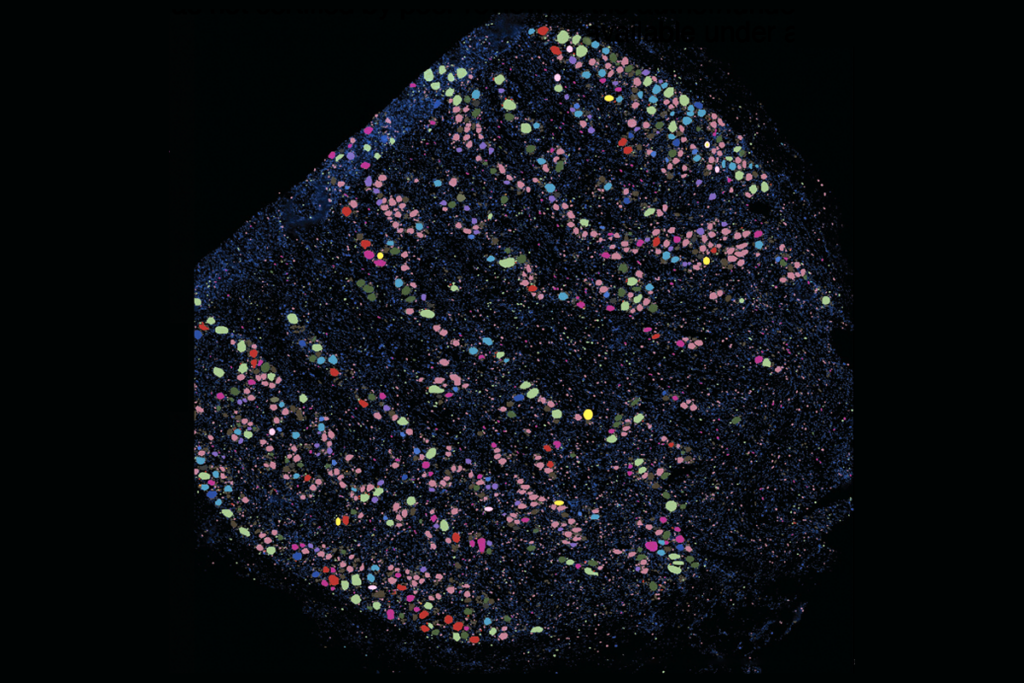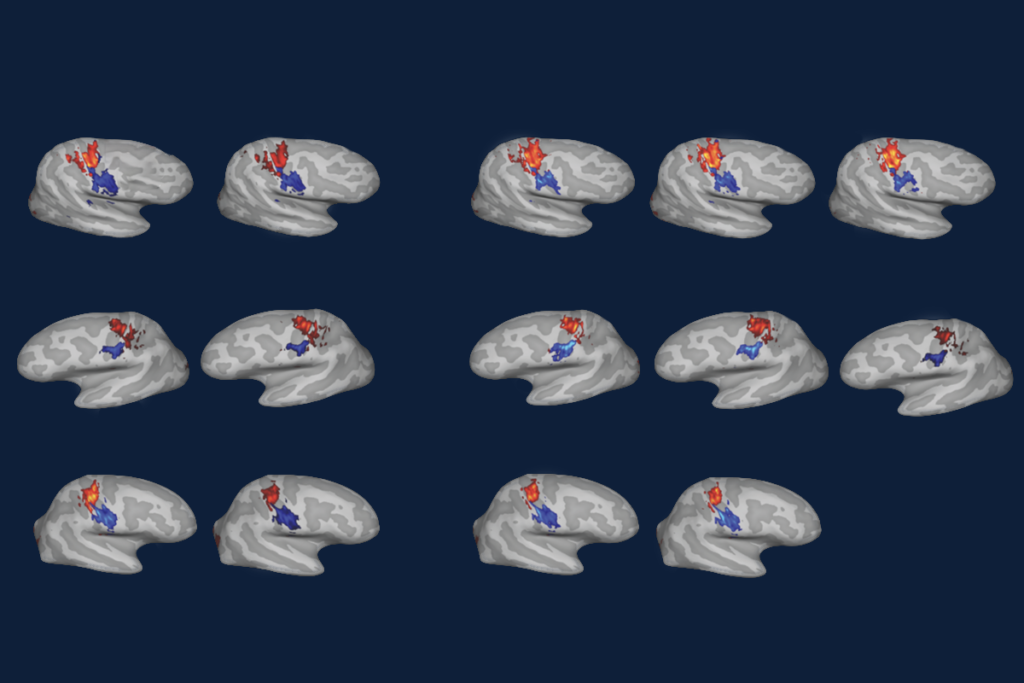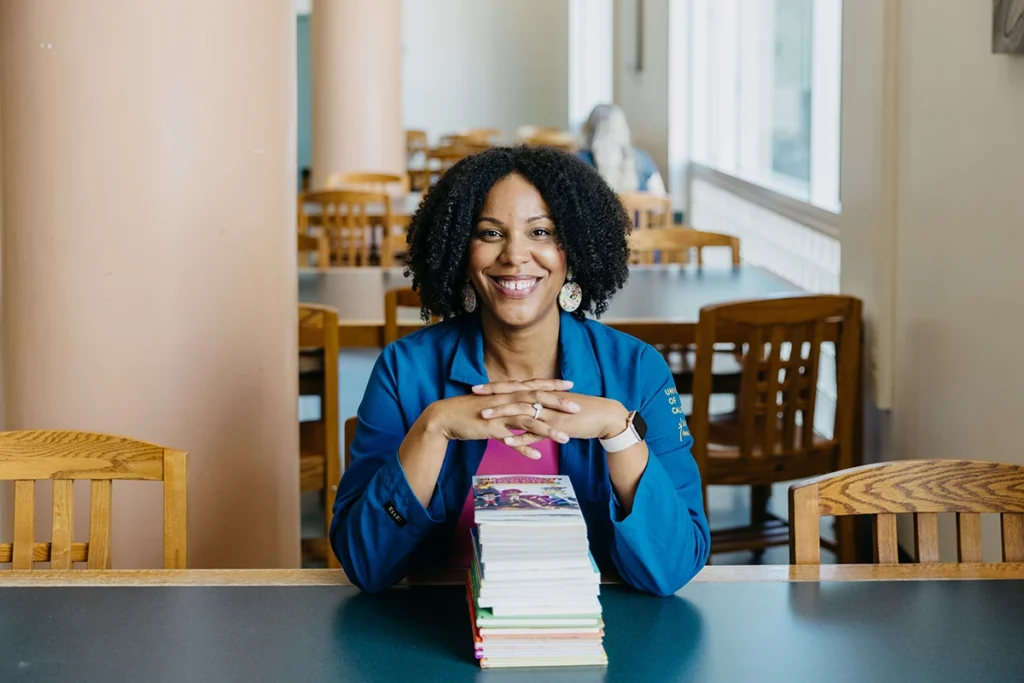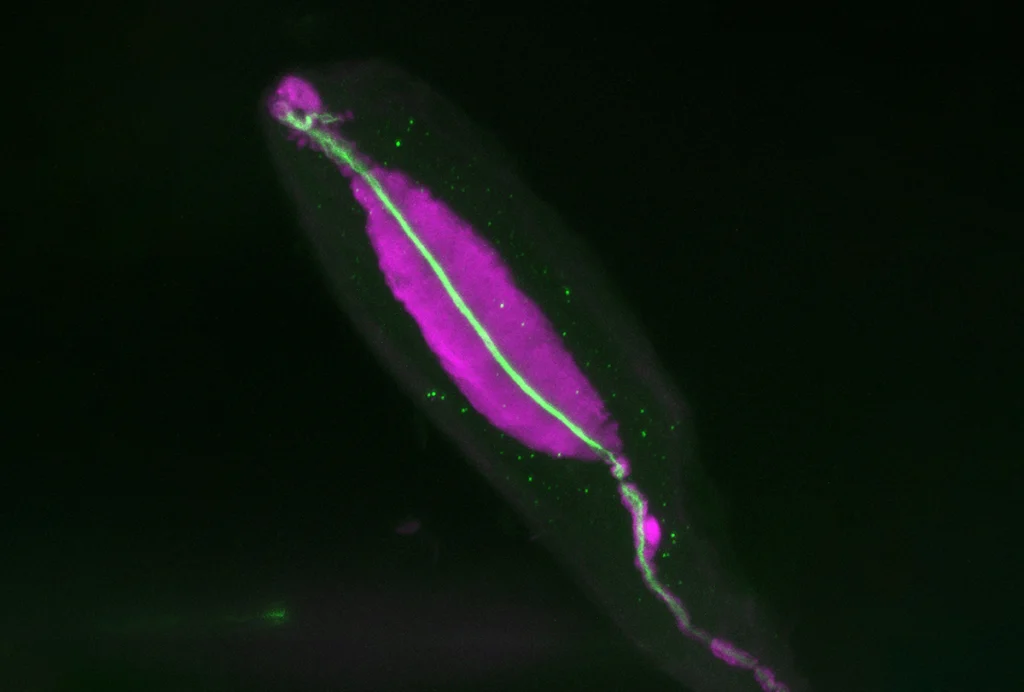Somatosensation
Recent articles
‘Unprecedented’ dorsal root ganglion atlas captures 22 types of human sensory neurons
The atlas also offers up molecular and cellular targets for new pain therapies.

‘Unprecedented’ dorsal root ganglion atlas captures 22 types of human sensory neurons
The atlas also offers up molecular and cellular targets for new pain therapies.
Adult human cortex does not reorganize after amputation
The results from a new longitudinal study contradict classic findings in monkeys but may not warrant a rewriting of the textbooks just yet.

Adult human cortex does not reorganize after amputation
The results from a new longitudinal study contradict classic findings in monkeys but may not warrant a rewriting of the textbooks just yet.
Crafting tales of science with Theanne Griffith
A lifelong passion for writing helped the neuroscientist land a book deal and publish 15 chapter books for early readers, covering topics ranging from what the cerebellum does to how a cake bakes.

Crafting tales of science with Theanne Griffith
A lifelong passion for writing helped the neuroscientist land a book deal and publish 15 chapter books for early readers, covering topics ranging from what the cerebellum does to how a cake bakes.
Touch sensors detect subtle environmental vibrations, send information to auditory midbrain
Pacinian corpuscles sense high-frequency vibrations from meters away and send the information to a different circuit than other touch signals, according to a pair of new studies.

Touch sensors detect subtle environmental vibrations, send information to auditory midbrain
Pacinian corpuscles sense high-frequency vibrations from meters away and send the information to a different circuit than other touch signals, according to a pair of new studies.
Robots boost data consistency in rodent studies reliant on mechanical, optogenetic stimulation
Two new devices take experimenter variation out of the equation, the lead investigators say.
Robots boost data consistency in rodent studies reliant on mechanical, optogenetic stimulation
Two new devices take experimenter variation out of the equation, the lead investigators say.
Explore more from The Transmitter
Dendrites help neuroscientists see the forest for the trees
Dendritic arbors provide just the right scale to study how individual neurons reciprocally interact with their broader circuitry—and are our best bet to bridge cellular and systems neuroscience.

Dendrites help neuroscientists see the forest for the trees
Dendritic arbors provide just the right scale to study how individual neurons reciprocally interact with their broader circuitry—and are our best bet to bridge cellular and systems neuroscience.
Two primate centers drop ‘primate’ from their name
The Washington and Tulane National Biomedical Research Centers—formerly called National Primate Research Centers—say they made the change to better reflect the breadth of research performed at the centers.

Two primate centers drop ‘primate’ from their name
The Washington and Tulane National Biomedical Research Centers—formerly called National Primate Research Centers—say they made the change to better reflect the breadth of research performed at the centers.
Post-infection immune conflict alters fetal development in some male mice
The immune conflict between dam and fetus could help explain sex differences in neurodevelopmental conditions.

Post-infection immune conflict alters fetal development in some male mice
The immune conflict between dam and fetus could help explain sex differences in neurodevelopmental conditions.